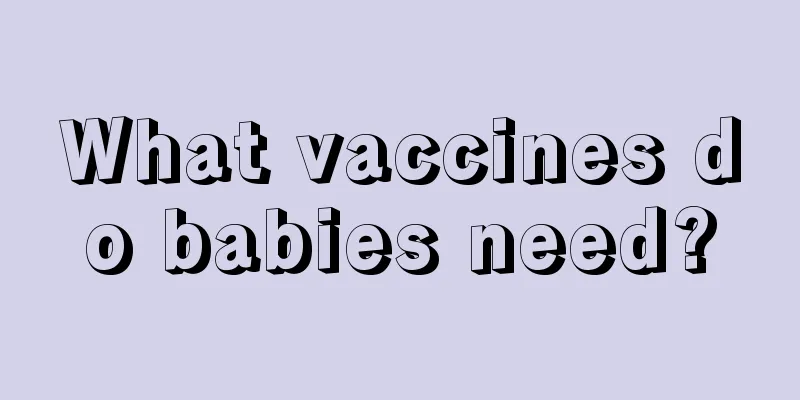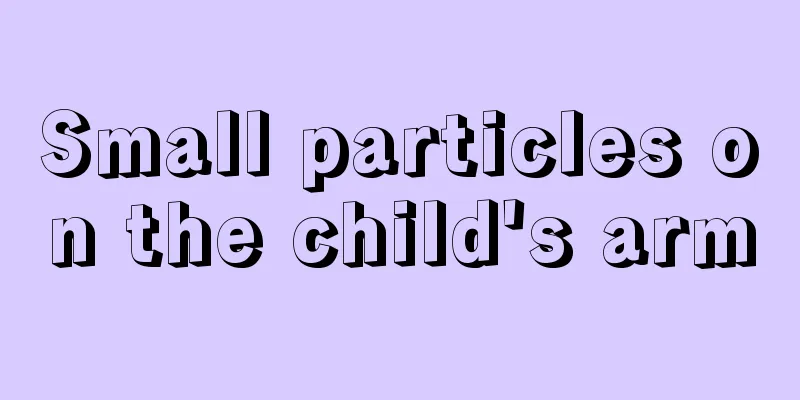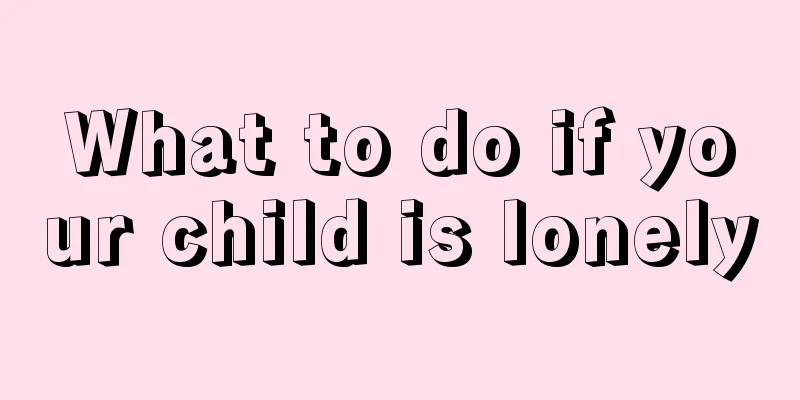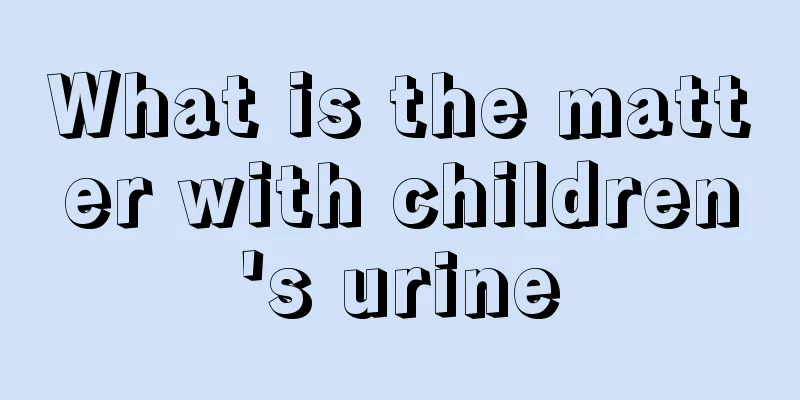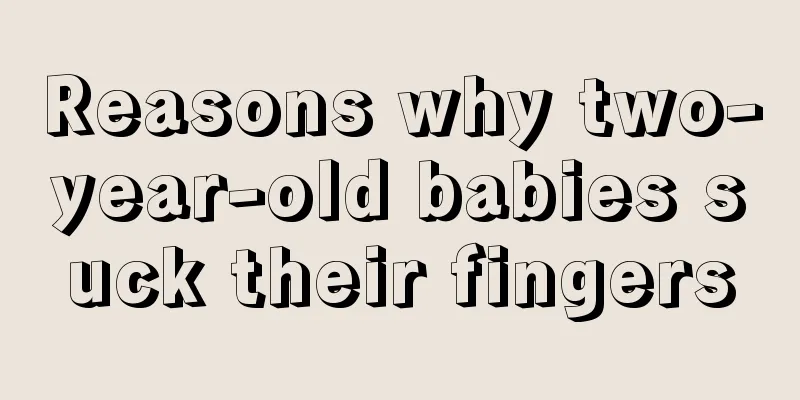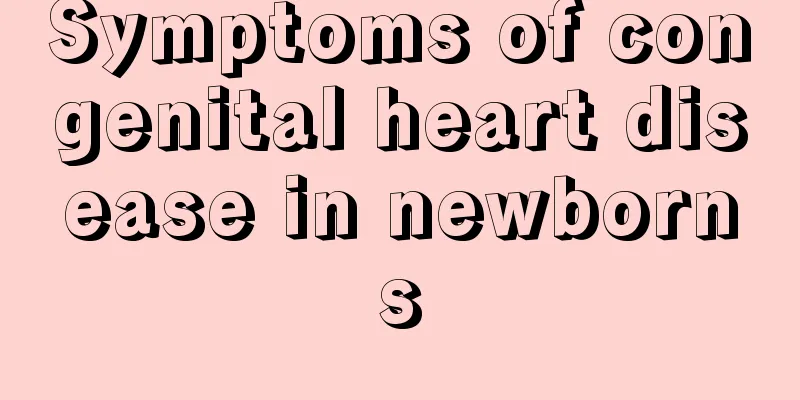At what age do children lose their baby teeth?
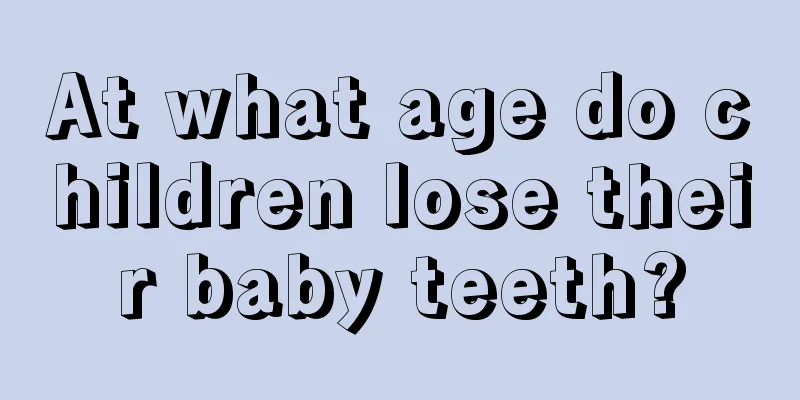
|
In every family, the growth of children is closely related to the happiness of the whole family. During the growth process, children will inevitably encounter various situations, such as tooth replacement. Tooth replacement is the process of children's deciduous teeth transforming into adult teeth. This process is not only very important, but also related to the child's future oral health. So, at what age do children start to replace their deciduous teeth? What should we pay attention to in this process? Children usually start to lose their teeth around the age of 6. The physiological shedding of the first deciduous tooth usually occurs around the age of 6, but it can also occur as early as 4 years old, or as late as 7-8 years old, so there is no need to worry. Naturally fallen deciduous teeth have no roots and the fallen surface appears eroded. Parents should pay attention to observe and not confuse them with broken roots of deciduous teeth. People grow teeth twice in their life, namely deciduous teeth and permanent teeth. There are 20 deciduous teeth, which usually start to erupt around 6 months old and are fully grown at 2-3 years old. There are 28-32 permanent teeth (the number of wisdom teeth is 0-4), which usually start to grow around 6 years old and 28 are fully grown at 12-13 years old (wisdom teeth vary from person to person). Therefore, the tooth replacement period is usually between 6 and 12 years old. There are certain rules for tooth replacement. Simply put, it is a certain time and a certain order, following the principle of "left-right symmetry, first lower and then upper". Left-right symmetry, first lower and then upper refers to teeth with the same name. There are two different opinions about which permanent tooth grows first in children. One is that the first permanent molar that usually grows around the age of 6 grows close to the last deciduous molar, called the sixth-year molar, which erupts slightly earlier than or at the same time as the lower central incisor. Another theory is that children first replace the two middle front teeth in the lower row. Dentists say that this may be different for each child. Children grow upper central incisors and lower lateral incisors at the age of 6-8, upper lateral incisors at the age of 8-9, first and second bicuspids at the age of 10-12, and permanent canines at the age of 10-11. Generally speaking, children begin to change their teeth at the age of three. At this time, the tooth roots begin to germinate and adult teeth begin to grow. If the deciduous teeth do not fall off in time at this time, it is likely to cause various oral problems such as crooked adult teeth. Therefore, the editor recommends that if the deciduous teeth do not fall out for a long time and affect the growth of adult teeth, you should go to the hospital to extract them in time and correct the teeth. This is the correct solution. |
<<: What are the physical training equipment for children?
>>: What should I do if my baby has a runny nose due to allergies?
Recommend
What should I do if my child has recurrent tracheitis?
It is terrible if a child has bronchitis. He or s...
Chalazion in children
Chalazion in children is a disease that occurs in...
The reason why children always have phlegm in their throats
Children generally have poor resistance and are o...
What to do if your baby has a cold, cough and runny nose
The baby's physical health is very important ...
How to treat anemia in a one-year-old baby?
Nowadays, it is not uncommon for one-year-old bab...
Symptoms of baby teething, don't make mistakes again
When a baby shows a series of symptoms such as ir...
What are the transparent blisters on the newborn's forehead?
Many newborns will have small blisters on their h...
How to treat children's hand shaking when writing
Writing is something every student has to do ever...
What is the best age for boys to sleep in separate beds?
Many families let their children sleep in the sam...
How can primary school students improve their physical fitness?
Primary school students are in the stage of physi...
Can myopia in a six-year-old child be cured?
Myopia is a condition that is becoming more and m...
What fruit is good for children with sore throat?
Children often suffer from sore throats due to ge...
Is it normal for a one year old to have a mole?
If a one-year-old baby has a black mole, generall...
Symptoms of choking in children
Eating is a job that requires special meticulousn...
What foods are good for children with bad breath caused by internal heat?
If children have bad breath due to internal heat,...
